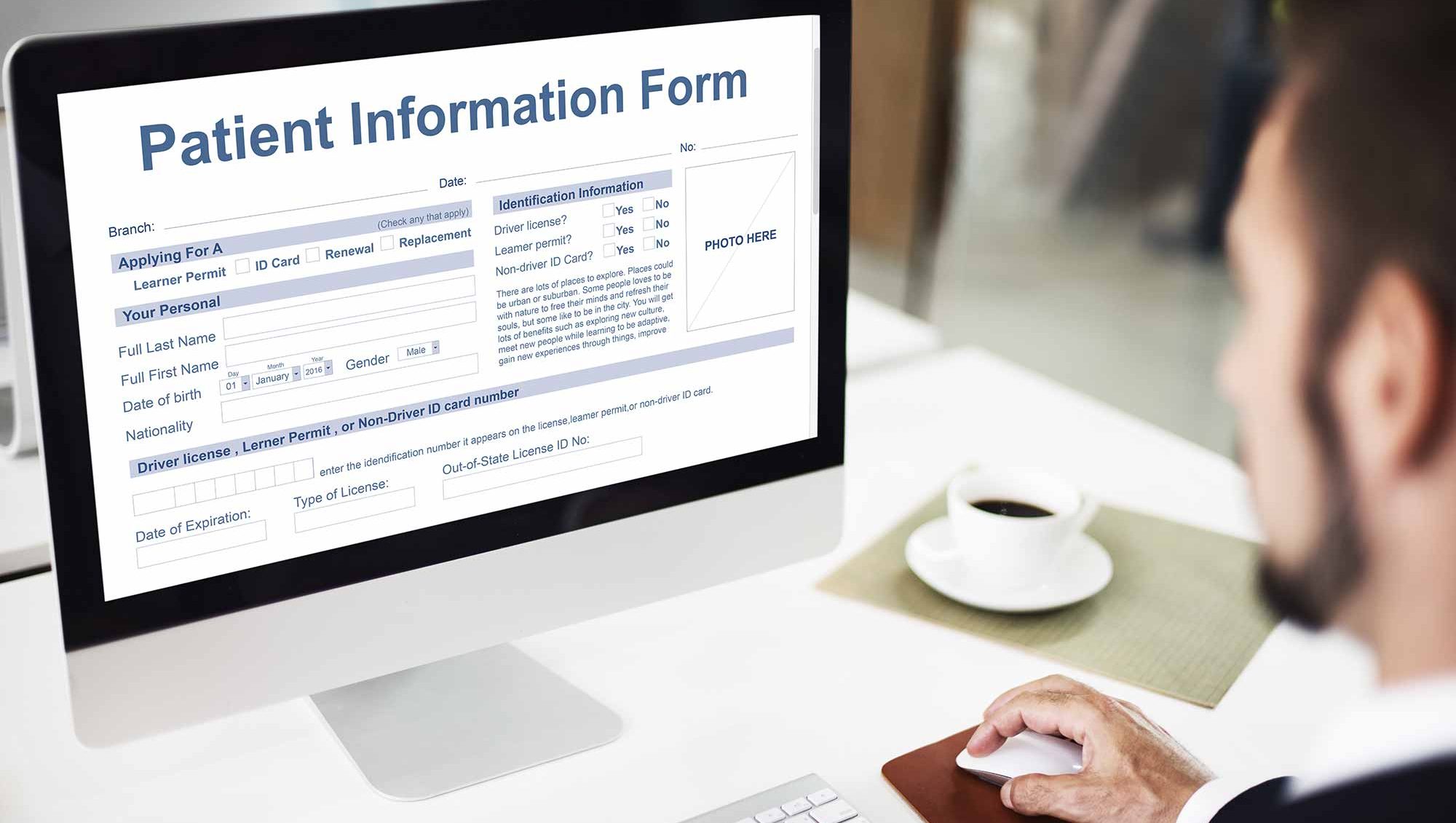 Is referring for NHS care unnecessarily complicated and problematic, Neel Kothari questions.
Is referring for NHS care unnecessarily complicated and problematic, Neel Kothari questions.
Over the last few years, I’ve noticed a gradual creep towards referring for NHS care via online platforms.
The process varies regionally, but increasingly involves referring for NHS care to a nameless, faceless and often difficult to contact central team instead of a ‘trusted colleague’.
This makes triaging patients easier for secondary care.
But concerns raised question the fitness for purpose of these referring services.
Referring for NHS care
Issues range from numerous returned referrals for often trivial matters to more serious concerns relating to unnecessary delays for patients in pain or more serious illnesses.
Through conversation, colleagues have pointed out that it isn’t necessarily the online platforms per se that are to blame.
Problems come with delays and refusals to treat once the referral has reached the secondary care providers.
Nevertheless, the inability to simply call someone and have an actual conversation about a patient can have serious consequences when the system for whatever reason doesn’t work.
I’m not suggesting that we return to the days where a referral letter consisted of ‘please treat the LL8’.
But the shear mass of information required simply places an unfair administrative burden on busy GDPs.
I find it particularly annoying to have to supply information about the patient’s height, weight and BMI.
As well as the need to now provide a radiograph with every referral as part of the triaging process.
In my opinion it’s questionable as to whether taking radiographs for triaging purposes is even acceptable under IRMER legislation.
Legal statements
My levels of exasperation increase when I read statements such as: ‘This information is crucial to triage and for any planned future treatment, if this information is missing then we will reject the referral’.
And having to tick boxes with a quasi-legal connotation, which say: ‘I confirm that all the information supplied is correct’ or ‘I agree all the information is complete’.
On one particular form it is also a mandatory requirement that the patient also confirms this.
It’s simply unfathomable to think that any busy dentist has spare time to fill out forms to the nth degree.
In my opinion, this is a wholly unacceptable way for colleagues to interact over patient care.
I should add that in many parts of the UK, referral pathways work well.
This is not a criticism of any one particular region.
As resources become more stretched, I’m increasingly concerned that the process of referring for NHS care is used to restrict services, instead of helping patients access care needed.


